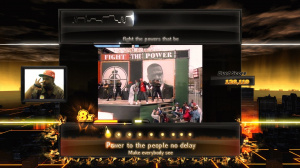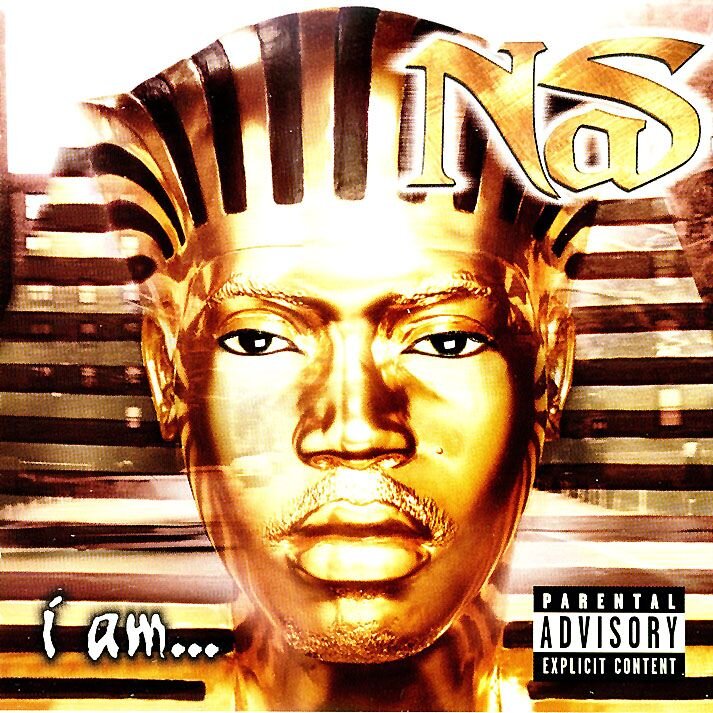
“You might love or hate the sound, but either way you’ll remember it.” Recording the pan pipes is one of Shakira’s strongest memories from the “Laundry Service” sessions. “I also loved that it was a bold choice for the Anglo market - it wasn’t like other things on the radio,” Shakira says. There was another reason for including those instruments. “In the lyrical content I mention scaling the Andes to go see my lover - pan pipes and the charango are a nod to creating that landscape as the backdrop for a song,” the Grammy winner explains. Take the traditional instruments that give “Whenever, Wherever” its trademark flavor.

She concocted a mix of pop, rock and traditional Latin elements that didn’t so much rewrite the rulebook as destroy it. Instead of being lost in translation, Shakira’s vision became clearer. As for the lyrics? She wrote them herself with the assistance of rhyming dictionaries and her favorite works of poetry. It has changed the whole musical landscape.” At the turn of the millennium, however, reaching a wider audience meant one thing - making music that top 40 radio would play.īy 2001, Shakira was already a huge star in the Spanish-speaking world thanks to chart-conquering albums like “❽ónde Están los Ladrones?” and “Pies Descalzos.” The diminutive artist had more than enough clout to work with the hottest American producers, but rather opted to reunite with regular collaborators Luis Ochoa and Lester Mendez on her English-language debut. “It’s done absolute wonders when it comes to reaching global audiences simultaneously. “It would have been nice to have the immediacy of social media back then,” Shakira says. When asked if the challenge would have been easier today, she pauses. “It’s true that now Spanish has become mainstream, but breaking through that barrier at the time was so important, not only for me as an individual but also the culture I was representing.” “My life wouldn’t be remotely the same had I never taken that leap.” She also points out how the music industry has changed over the last two decades. “‘Laundry Service’ was 100 percent a before-and-after moment,” Shakira says. I was introduced to rejection and failure very young, so I already had a thick skin.”Ĭrossing over changed the trajectory of her career. “It also has its advantages, like impulsivity, ambition and drive. “Being in your early 20s has its disadvantages I was probably more insecure, in a lot of ways, compared to now,” the Super Bowl LIV headliner reflects. I dove in headfirst without thinking about it too much.” Shakira puts her bravery down to youth. “If you don’t know how challenging it’s going to be, you’re not afraid.

“I’m telling you, ignorance is bliss,” she continues.

“When I think about with the amount of English I knew at the time, even I’m surprised at how fearless I was! “It was such a Herculean challenge,” she remembers. “My goal was for my music to be able to reach as many people as possible.” A rather large hurdle stood in her way: she needed to master a new language. “I always knew I was going to try for a crossover,” the Colombian superstar, now 44, tells Variety. With the 20th anniversary of “Laundry Service” on the horizon, the hitmaker is in a reflective mood. After all, “Whenever, Wherever” heralded the arrival of a global pop icon with almost otherworldly staying power.

In retrospect, the video feels prophetic - particularly the opening scene, where Shakira emerges from the ocean like a mythical being. 6 on the Billboard Hot 100, laying the groundwork for her highly influential “Laundry Service” era. Arriving in a blaze of pan pipes and charango, she hypnotized the “TRL” generation with “Whenever, Wherever.” The irresistible pop oddity, with its lyrics about humble breasts and strong legs, peaked at No.


 0 kommentar(er)
0 kommentar(er)
